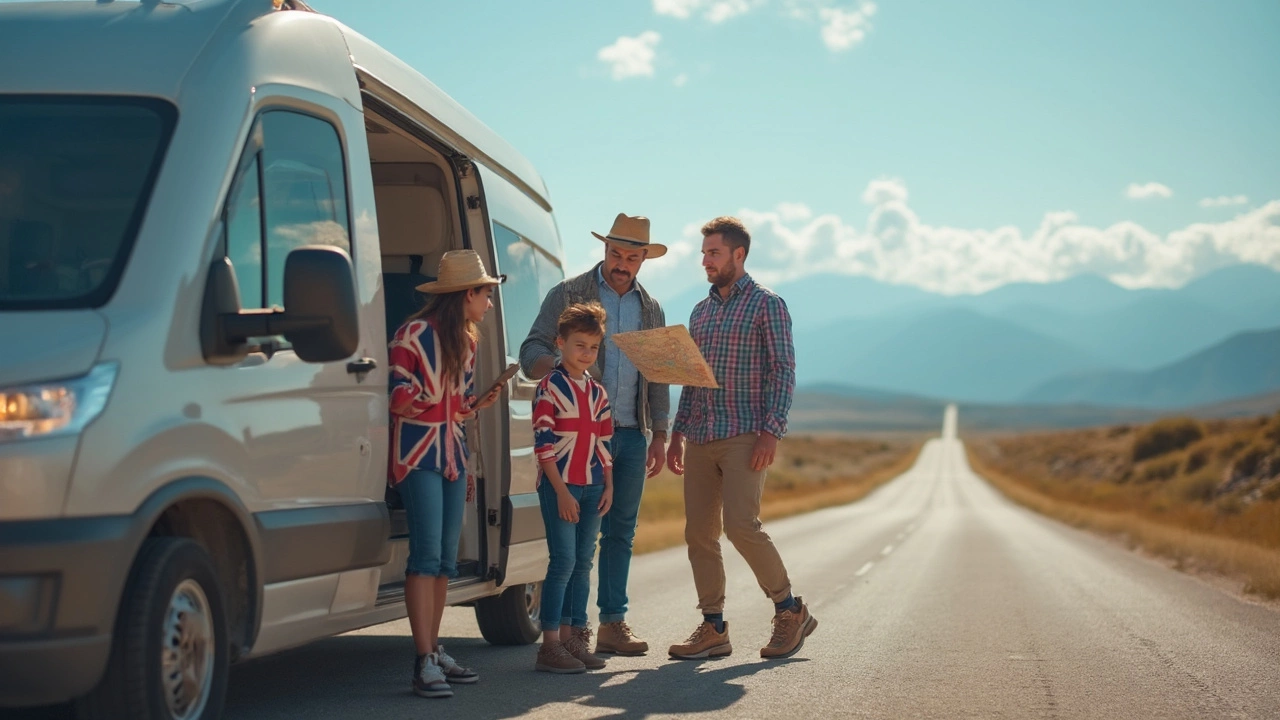Campervan Cost: What You’ll Spend and Why
If you’re dreaming of a road trip, the first question is always money. How much does a campervan actually cost? The answer depends on whether you rent or buy, how far you drive, and what extras you need. Below we break down every line‑item so you can see the full picture.
Rental Costs – The Short‑Term Option
Renting a campervan is the easiest way to test the lifestyle. Daily rates typically range from £70 to £150, depending on size, age and season. Weekends and holidays push the price up, while a longer hire (two weeks or more) often brings a discount of 10‑15%.
Don’t forget mileage. Some companies offer unlimited miles, but many cap it at 200‑300 miles per day. Extra miles can cost £0.20‑£0.30 each, so plan your route carefully.
Insurance is usually bundled into the hire price, but check the excess. A lower excess means a higher daily rate, while a high excess can save you a few pounds a day but may cost more in a claim.
Other rental add‑ons include kitchen kits, bedding, and Wi‑Fi. These can add £10‑£30 per day. Ask the dealer what’s included to avoid surprise fees.
Buying a Campervan – Long‑Term Investment
Purchasing a used campervan in the UK typically costs £15,000‑£35,000 for a decent model. New builds start at £40,000 and can exceed £80,000 for luxury units. The price you pay now will affect depreciation, fuel use and insurance later.
Fuel is the biggest ongoing expense. A motorhome averages 12‑15 mpg, so a 500‑mile trip will burn about 35‑40 gallons. At £1.60 per litre, that’s roughly £90‑£110 for the journey.
Insurance for owners averages £400‑£800 a year, but it can be higher for larger or high‑value rigs. A good security system or a specialist motorhome policy can keep premiums down.
Maintenance includes service intervals, tyre replacements and occasional repairs. Budget £500‑£1,000 annually for routine work, and set aside a contingency fund for unexpected fixes.
Campsite fees vary. Basic sites charge £10‑£20 per night, while glamping or waterfront spots can be £30‑£50. If you plan 20 nights on the road, expect £300‑£1,000 for pitches.
How to Make the Numbers Work for You
Start by figuring out your travel style. If you only need a van for a few weeks, renting is usually cheaper than buying. Compare the total rental cost (daily rate × days + mileage + add‑ons) with the monthly loan payment on a purchase.
Plan your fuel stops. Use apps that show the cheapest diesel or petrol along the route. Driving at steady speeds and keeping the engine revs low saves a lot of fuel.
Scrutinise insurance. Get quotes from at least three providers and ask about discounts for low mileage or safe driving records.
Consider off‑peak campsite bookings. Many sites drop prices in the shoulder season, and you can secure a spot weeks in advance.
Finally, track every expense in a simple spreadsheet. Seeing the numbers side by side helps you spot where you can cut back—maybe a cheaper campsite or a shorter rental period.
With these facts in hand, you can decide whether a campervan fits your budget and plan a road trip that leaves you with memories, not a massive bill.
-
 VIEW POST
VIEW POSTCampervan Rental Cost in the US: What to Expect
Jun, 8 2025|0 CommentsCurious about how much it costs to rent a campervan in the US? This guide breaks down real numbers, shares the reasons for price differences, and reveals ways to save money. Packed with practical tips and straightforward advice, you'll find everything you need to budget for your next campervan adventure. Avoid surprises and plan smarter for a family road trip or solo escape. No sugarcoating—just facts, examples, and ideas regular people need.